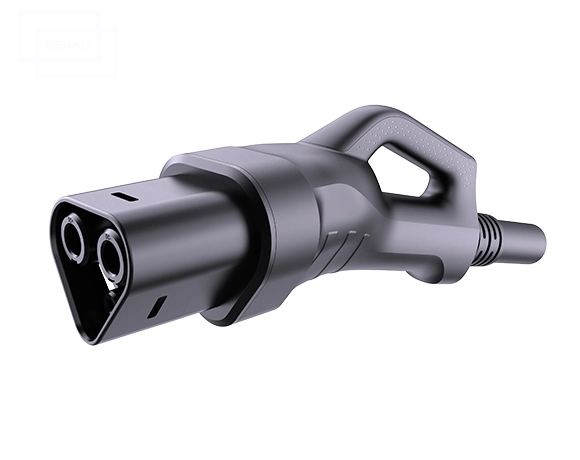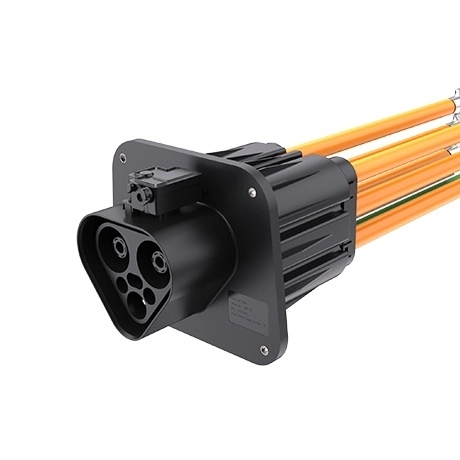Introducing MCS
The Megawatt Charging System (MCS) represents a cutting-edge, ultra-high-power charging technology purpose-built for heavy-duty electric vehicles such as trucks and buses. Unlike conventional Combined Charging System (CCS) stations–which typically provide between 50 and 400 kW of DC output–MCS units can exceed the one‑megawatt (1 MW) threshold. This needed upgrade includes a unique connector designed to handle the tremendous current safely. Fortunately, many of the newest electric truck models now incorporate both CCS and MCS ports to ensure compatibility with both systems.
The Role of MCS in the Evolution of Electrified Trucks
MCS technology is a game-changer for operators covering long daily distances. Currently, drivers often use their legally mandated 45-minute breaks to opportunistically recharge. With MCS, recharging a truck’s battery from 20% to 80% could take only around 40 minutes. This quick turnaround enables the vehicle to regain enough energy for another 4.5 hours of driving—the maximum allowed under EU regulations—within a single break. Consequently, longer-haul electric trucking becomes far more feasible, with charging infrastructure no longer being a limiting factor.
Current and Upcoming Locations for MCS Charging
Publicly accessible MCS stations are only just beginning to appear. For instance, in February, Milence inaugurated its inaugural MCS chargers at the Port of Antwerp-Bruges, capable of delivering up to 1,440 kW of power volvotrucks.com. Meanwhile:
-
Spain’s Iberdrola intends to deploy its first over-1,000 kW MCS charger in Murcia.
-
In the UK, BP Pulse is positioning for MCS deployment at Ashford International Truckstop by 2026 arXiv+4volvotrucks.com.
-
As part of the EU-backed MILES project (“Mobility Infrastructure for Logistics – Electric & Sustainable”), Milence has secured up to €111 million from the Alternative Fuels Infrastructure Facility (AFIF) to roll out 284 MCS units across 71 sites by late 2027.
By integrating MCS hardware into existing CCS-ready stations, operators can streamline deployment and reduce logistical hurdles such as site procurement and construction. The main challenge lies in upgrading grid capacity to accommodate these high-power demands .
Will MCS Replace CCS?
Unlikely. The industry is leaning toward complementary coexistence. While CCS stations are less expensive to establish and remain adequate for many use cases, MCS offers a vital alternative for fleets that require speed and scale. As a result, future charging hubs are expected to mix several CCS outlets with one or more MCS units, giving operators the freedom to choose based on cost and charging time requirements volvotrucks.com.
Comparative Charging Time Example
Using a Volvo FH Aero Electric with a 780 kWh battery as an example:
| Charger Type | Time for Full Charge | Energy Added in 45‑min Break |
|---|---|---|
| CCS 350 kW | ~119 minutes | ~235 kWh |
| MCS 720 kW | ~70 minutes | ~436 kWh |
This scenario clearly illustrates the efficiency advantage MCS provides—nearly doubling energy replenished in the same timeframe
Related Products
MCS EV CHARGING CALE

MCS EV CHARGING INLET SCOKET

Tags: #Megawatt Charging System #MCS


 Senku ,Bake
Senku ,Bake Senku
Senku